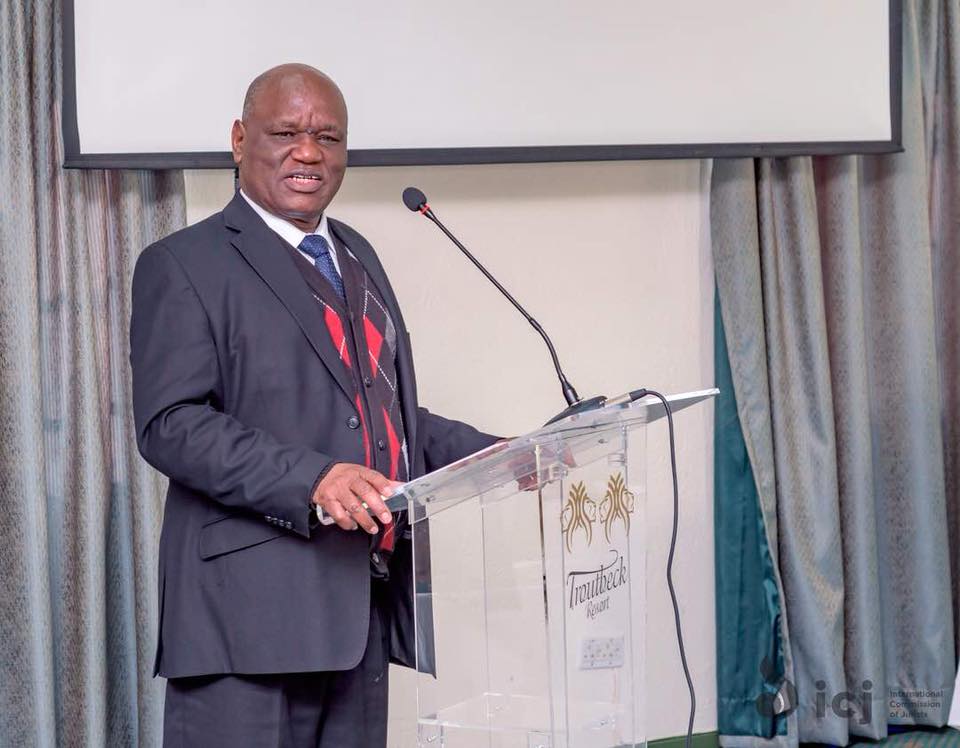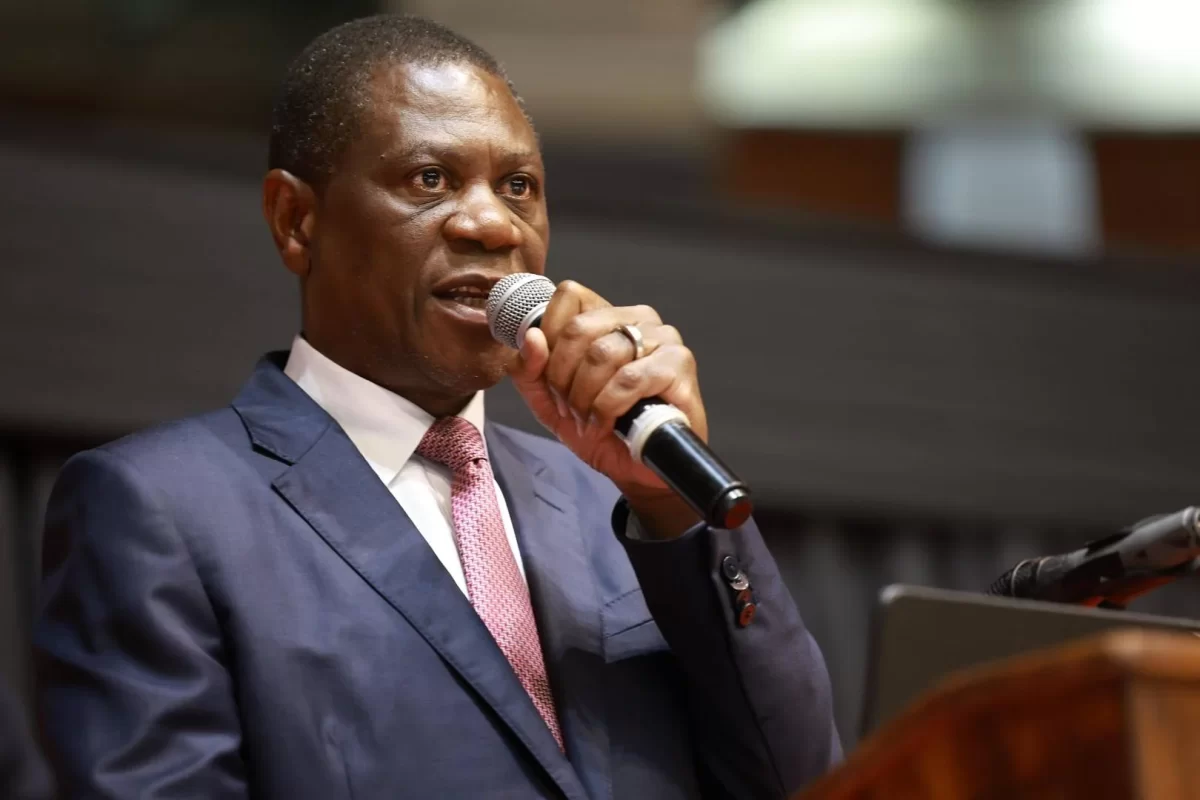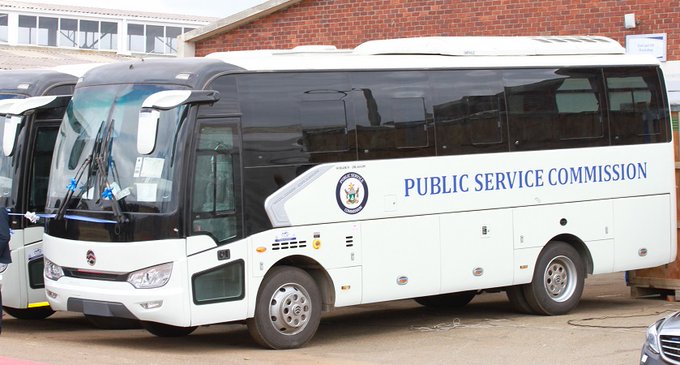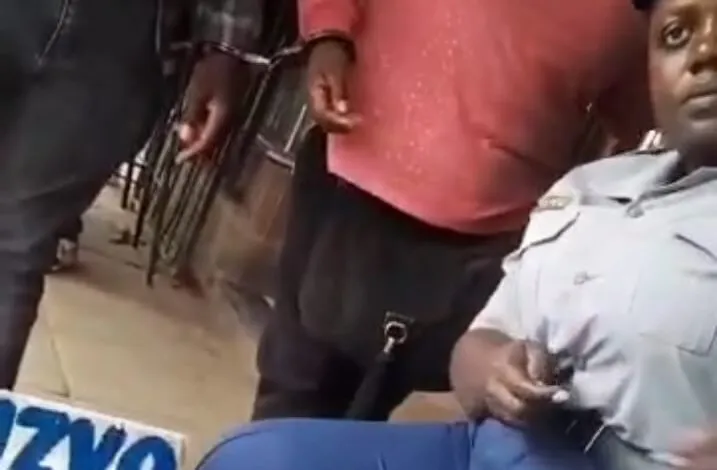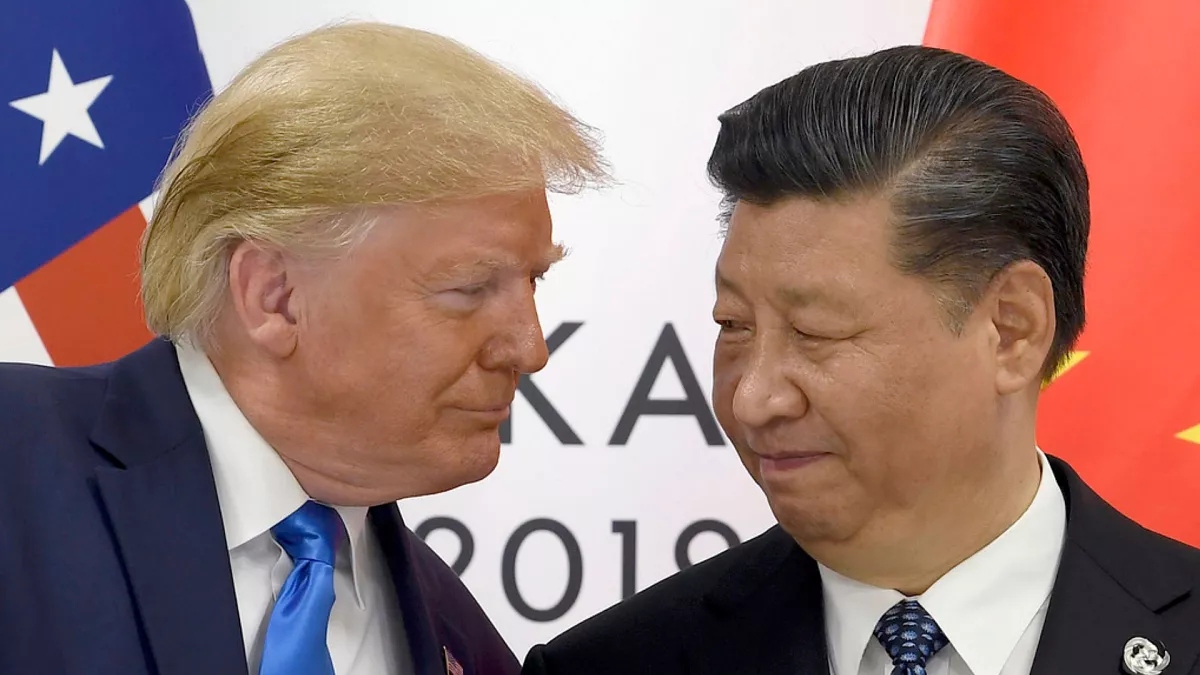HARARE – President Emmerson Mnangagwa has extended the term of Chief Justice Luke Malaba by five years – opening the floodgates to a torrent of legal challenges against the move.
Malaba is set to reach the retirement age of 70 on May 15, but constitutional amendments rushed through parliament early this month gave Mnangagwa new powers to extend Malaba’s term by five years.
In a letter to Malaba on May 11, the Chief Cabinet Secretary Misheck Sibanda said: “His Excellency, the President of Zimbabwe, has considered your election to continue in the office of the Chief Justice beyond the seventy years, for an additional five years.
“He has further considered and accepted the medical report which you submitted as proof of your mental and physical fitness to continue in that office. I am pleased to advise you that, after consultation with the Judicial Service Commission as required by law, His Excellency, the President has, in terms of section 186(1) of the Constitution, accepted your election to continue in the office of Chief Justice beyond the age of 70 for an additional five years from 16 May 2021.”
At least three legal challenges have been filed against the move to extend Malaba’s term, with lawyers arguing that Mnangagwa cannot tinker with the term limits of judges without going through a public referendum. Even if he could, the lawyers say, such extensions cannot benefit the incumbent.
On Friday, three judges of the High Court will hear an urgent application filed by Musa Kika, the director of the Zimbabwe Human Rights NGO Forum who has cited the justice minister and all 17 judges of the Supreme Court and Constitutional Court who would be beneficiaries of what he argues are unconstitutional amendments.
Human rights lawyer and MDC Alliance vice president Tendai Biti, who is on Kika’s legal team, said on Wednesday: “The hour of reckoning is coming. The High Court has set down constitutional application relating to validity of extension of the Chief Justice s term of office at 2PM on Friday, May 14. This is one of the most important cases to be argued before our courts.”
Siphosami Malunga, the executive direction of the Open Society Initiative for Southern Africa accused Mnangagwa of creating a “constitutional crisis.”
Malunga opined: “Mnangagwa has just knowingly and intentionally plunged the country into an irredeemable constitutional crisis. The Chief Justice is now unconstitutionally appointed. This means every decision he makes will be unconstitutional.”
Malaba was elevated to Chief Justice in March 2017, replacing the late Godfrey Chidyausiku.
His appointment was greeted with hope, but the courts have – under his watch – come under fire for allegedly doing Zanu PF’s bidding with activist magistrates and judges accused of using “lawfare” against Mnangagwa’s opponents.
Malaba faced an unprecedented crisis last year when judges of the High Court openly rejected his directive that he should see their judgements before they are delivered. He withdrew the directive following the outrage.

